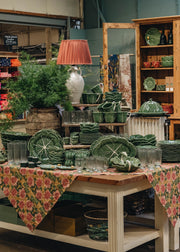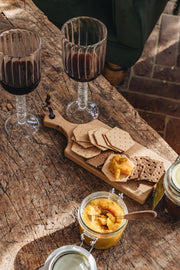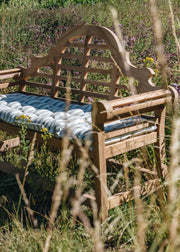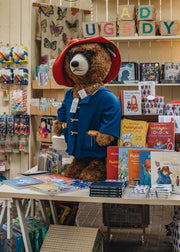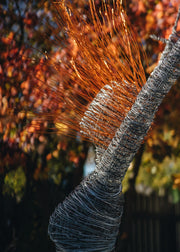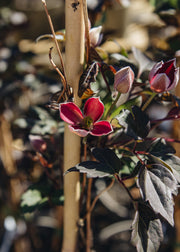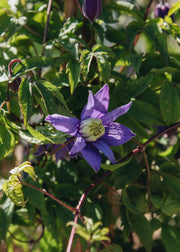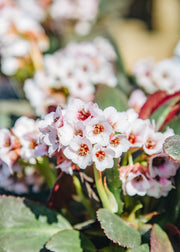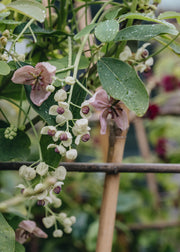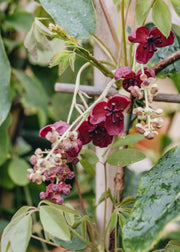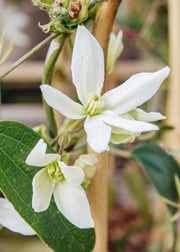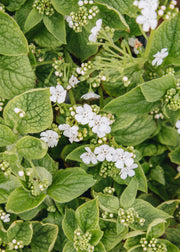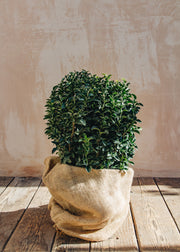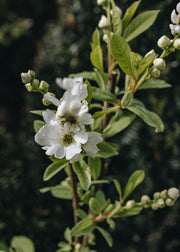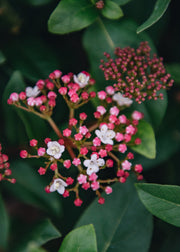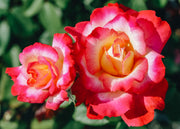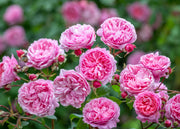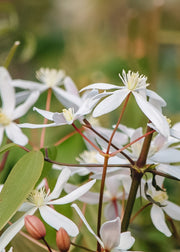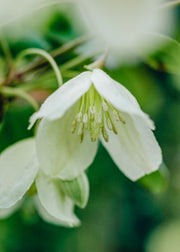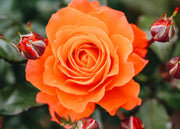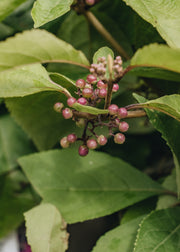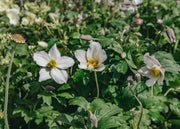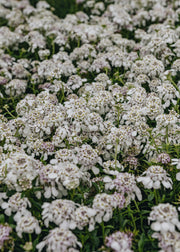Fritillaria imperialis William Rex 2/3L
Fritillaria imperialis Lutea bears clusters of orange-red, bell like flowers held on sturdy stems above the foliage, adorned by a coronet of slim, upward pointing leaves – hence its common name, ‘Crown Imperial’. Fritillaries make a statement in the border, towering above other early-spring flowering plants to provide a striking show of colour.
Dimensions
- 2/3L
- Height: up to 150cm (4ft 11in) x 40cm (1ft 4in) over 2-5 years
Features
Fritillaria imperialis Lutea bears clusters of orange-red, bell like flowers held on sturdy stems above the foliage, adorned by a coronet of slim, upward pointing leaves – hence its common name, ‘Crown Imperial’. Fritillaries make a statement in the border, towering above other early-spring flowering plants to provide a striking show of colour.
Fritillaria imperialis is native throughout areas of the Middle East, through to the foothills of the Himalayas and has many associations within the local folklore and religion. The bulbs and the plants have a strong smell that can be useful for deterring moles and deer.
- Flowers: April – June
- Hardy
- Well drained soil
- West, East or South aspect
- Full sun or partial sunlight
- Bulbs are toxic to pets or humans if ingested- wear gloves when handling
- Allow foliage to die back naturally to feed the bulb for the following year
Strong, musky scent




